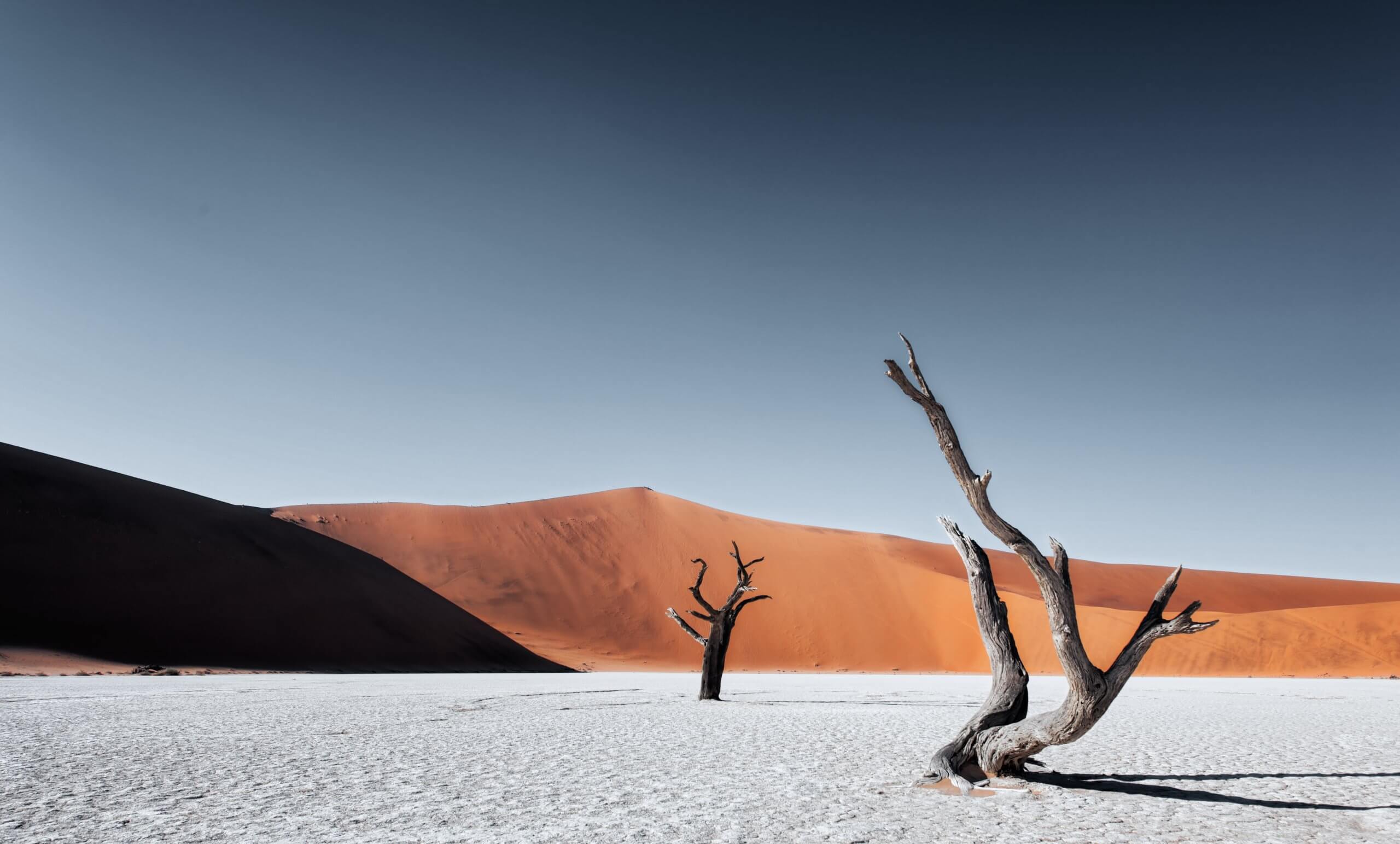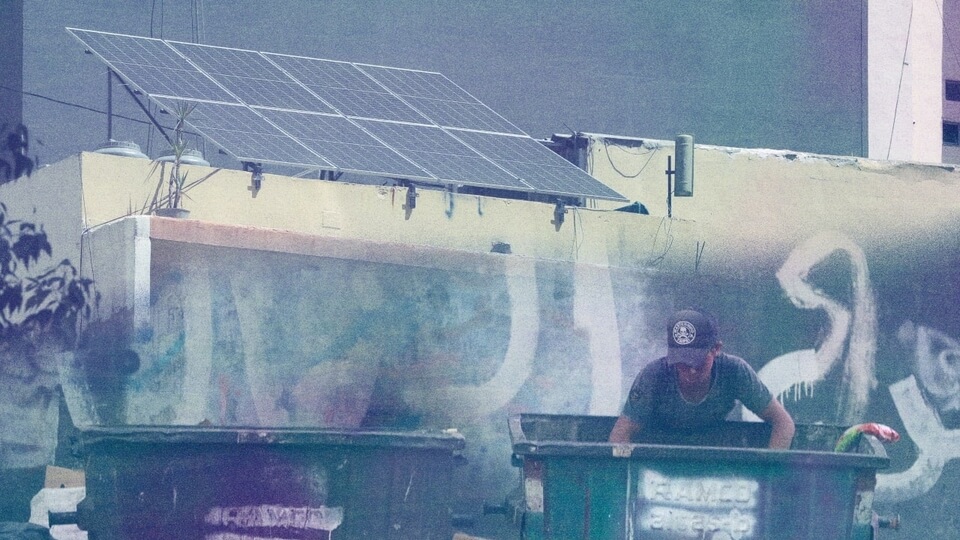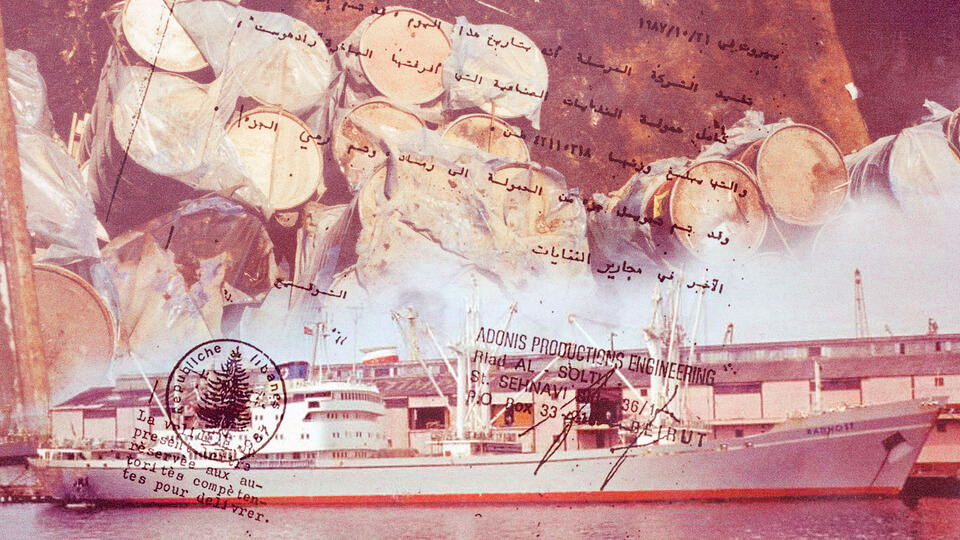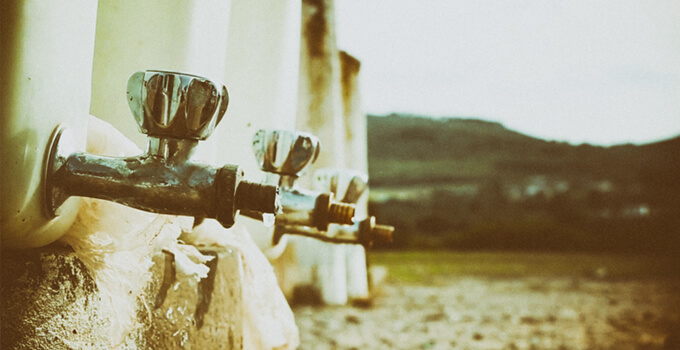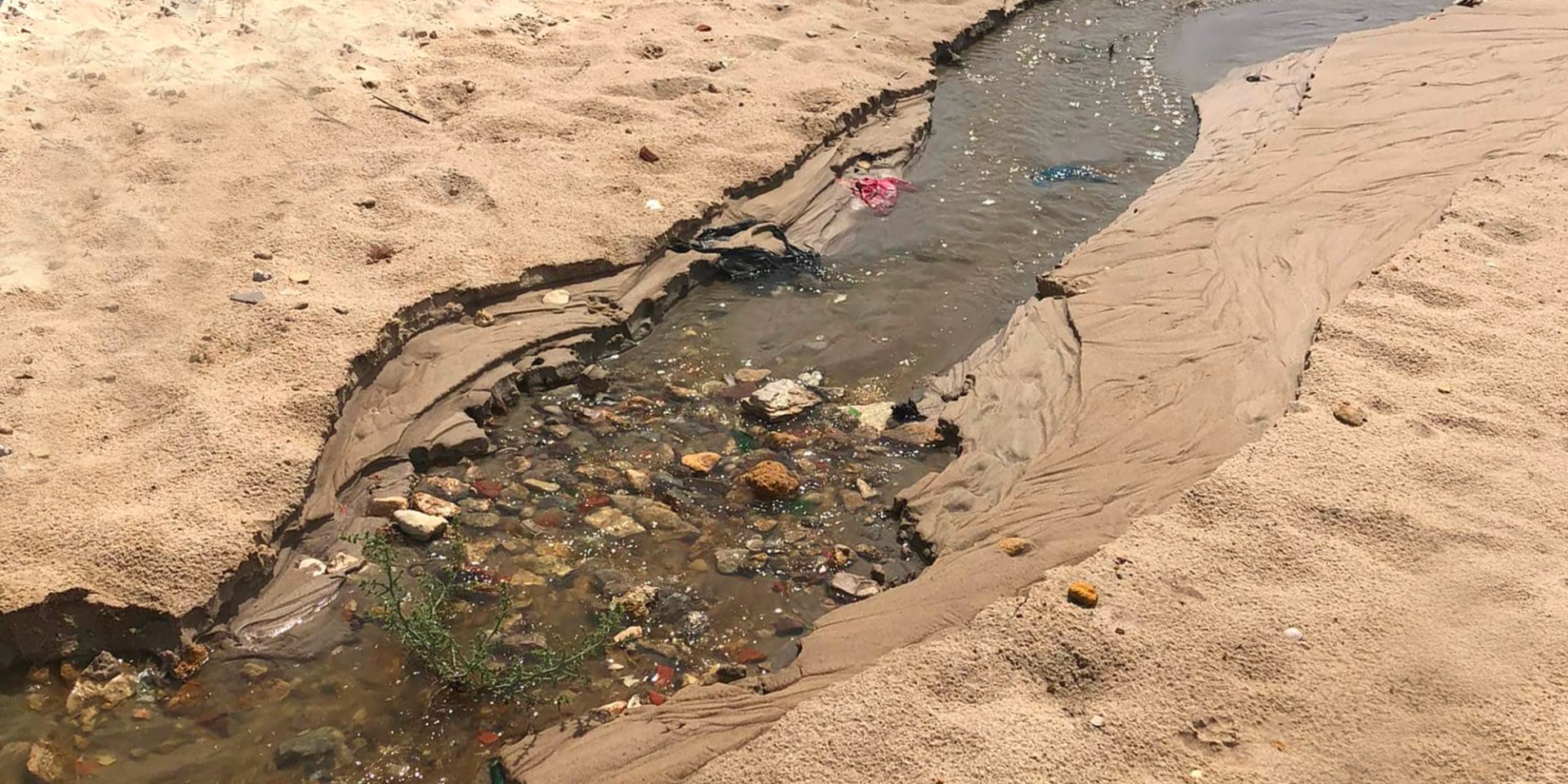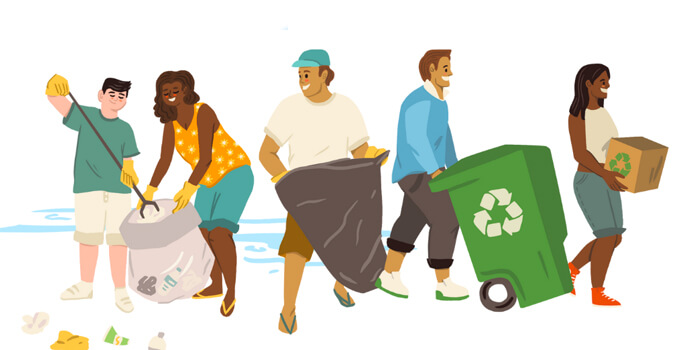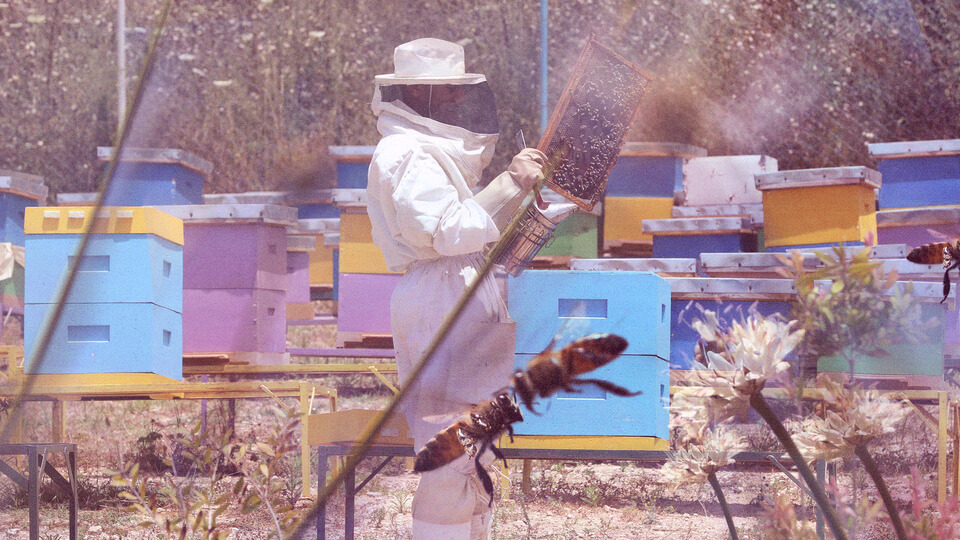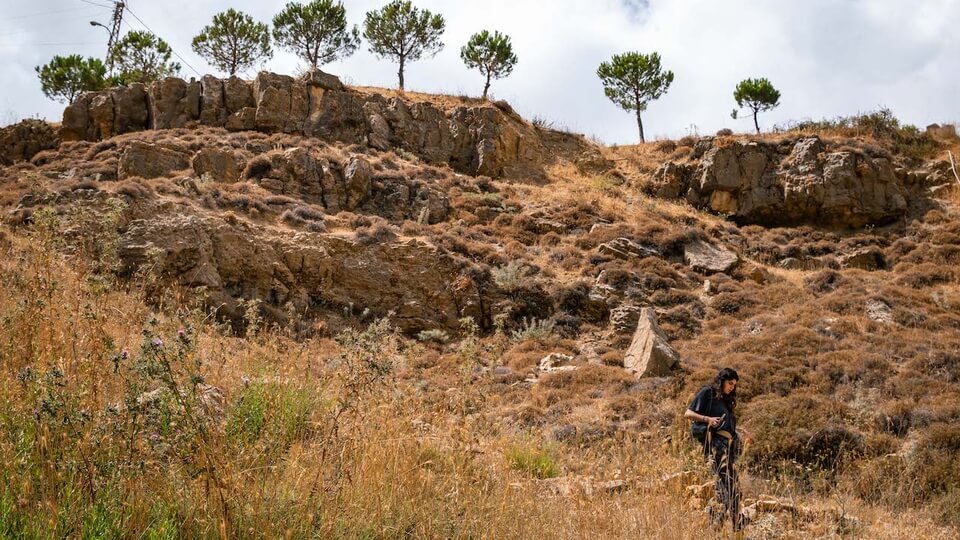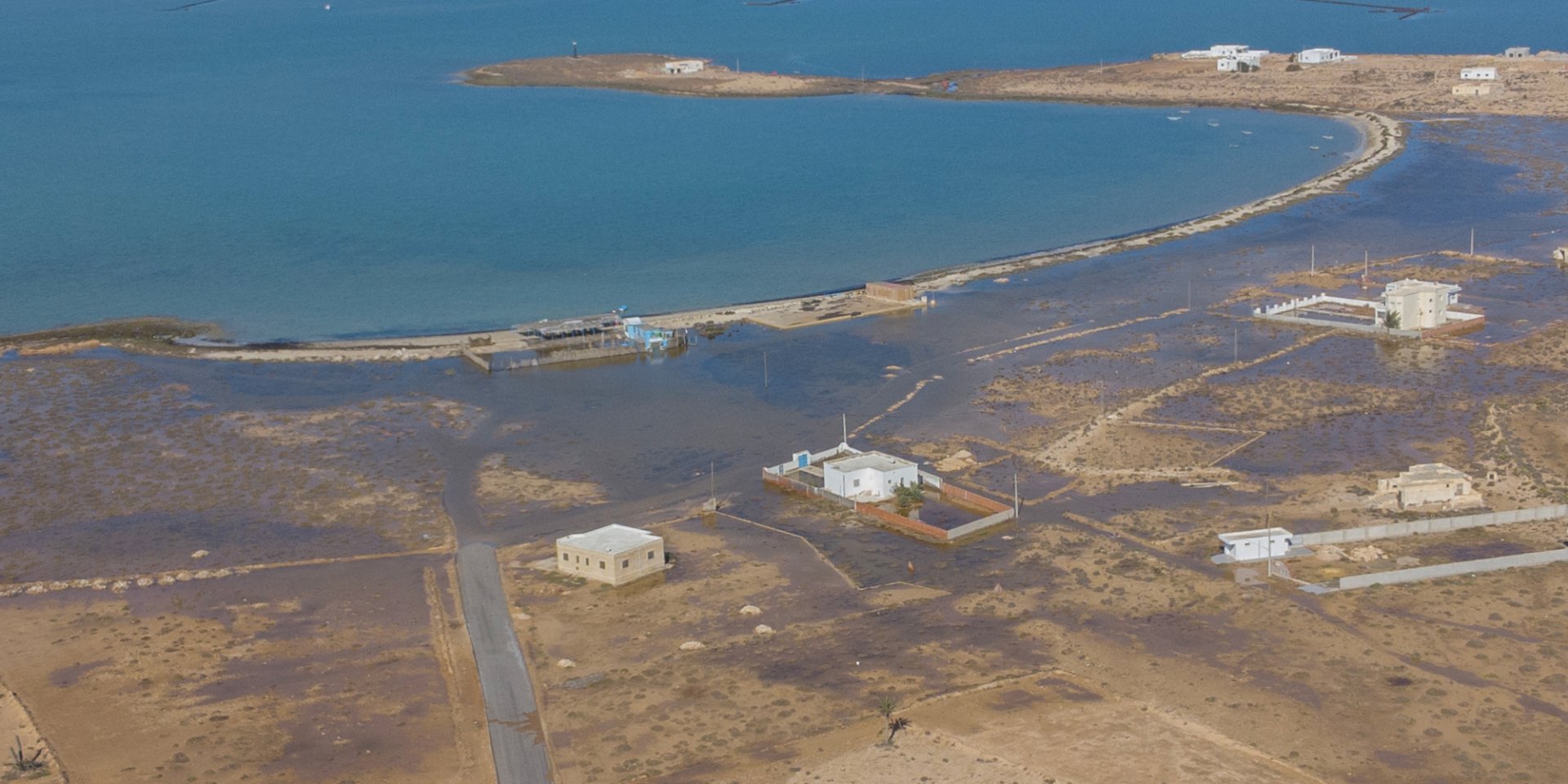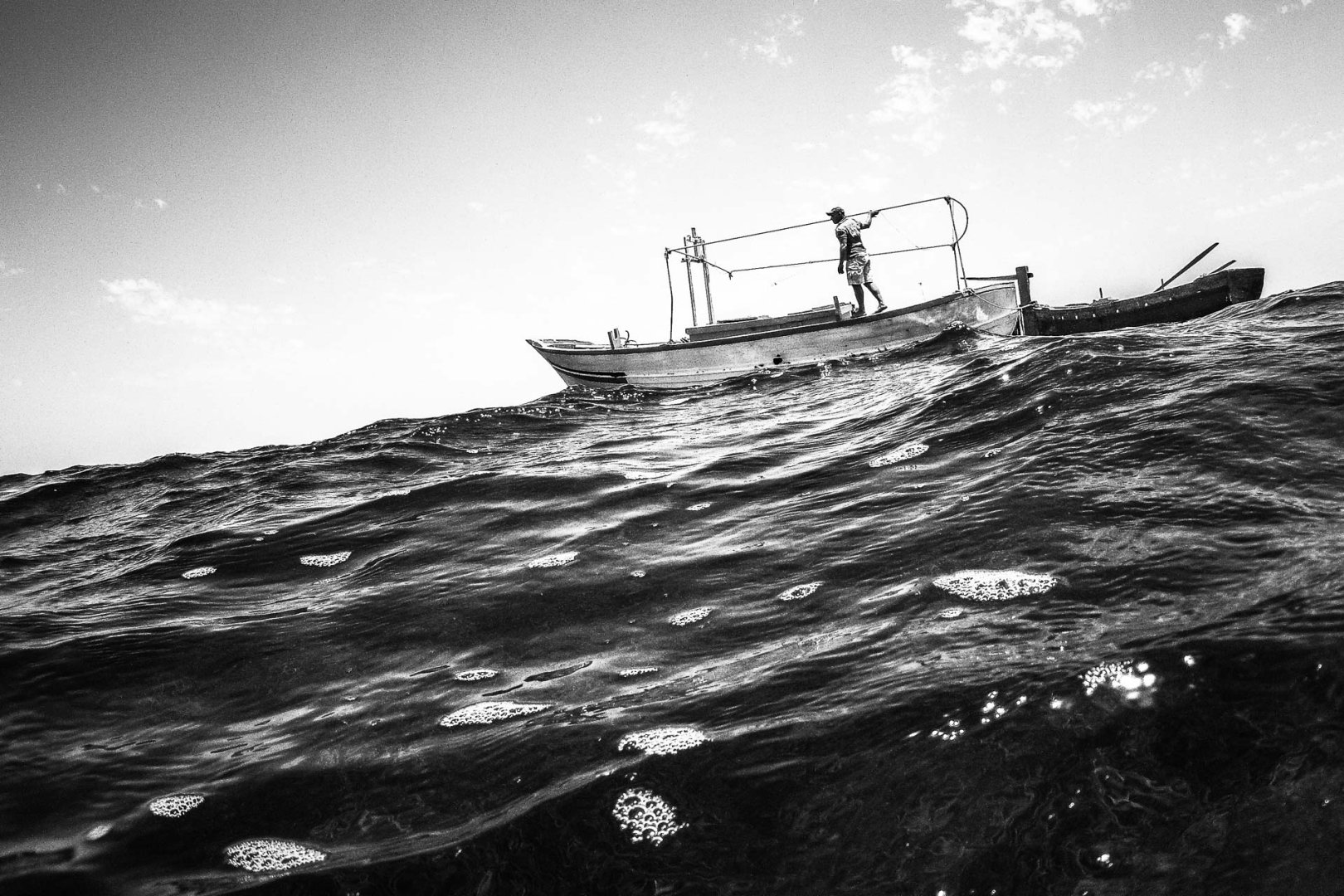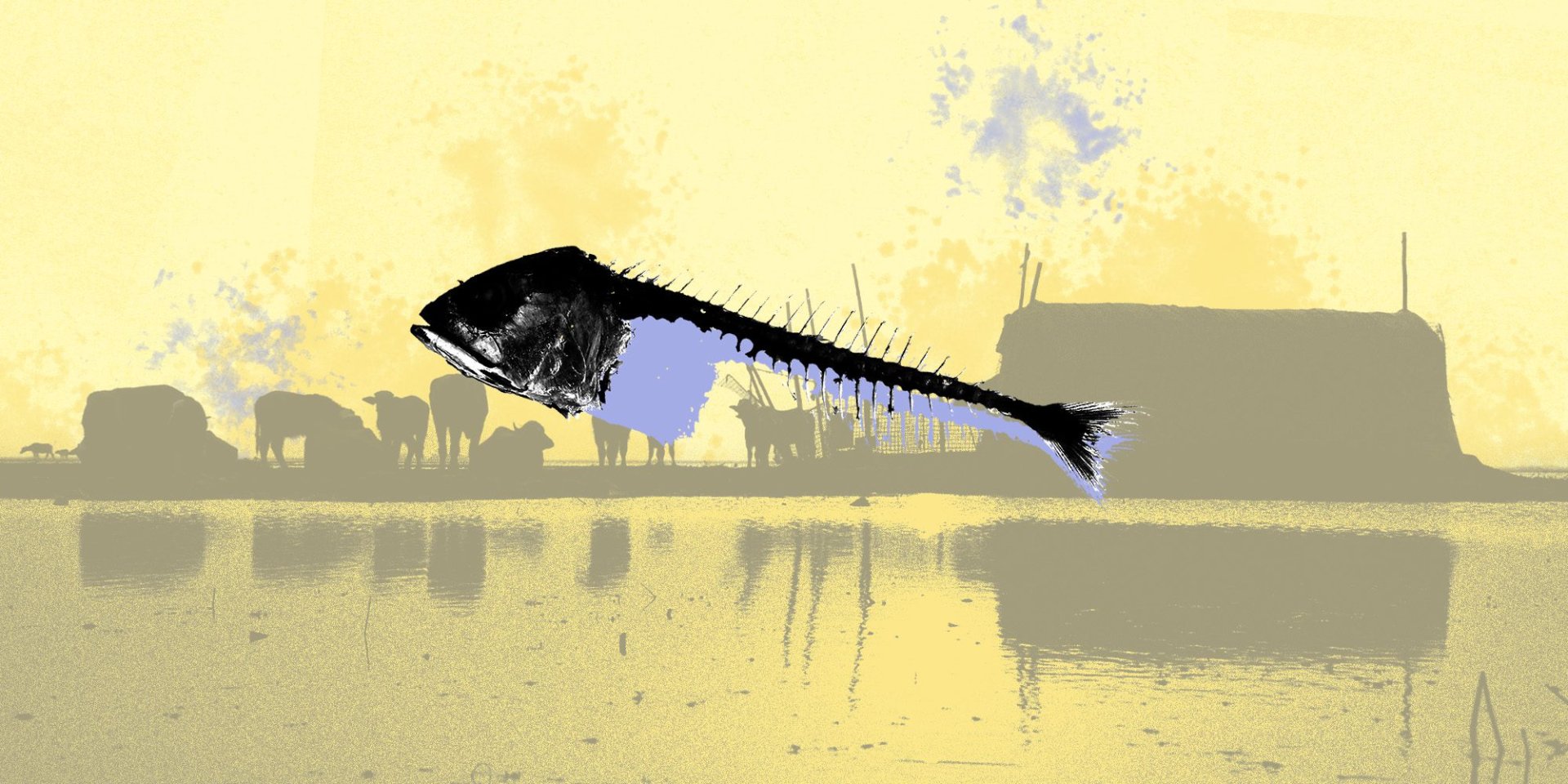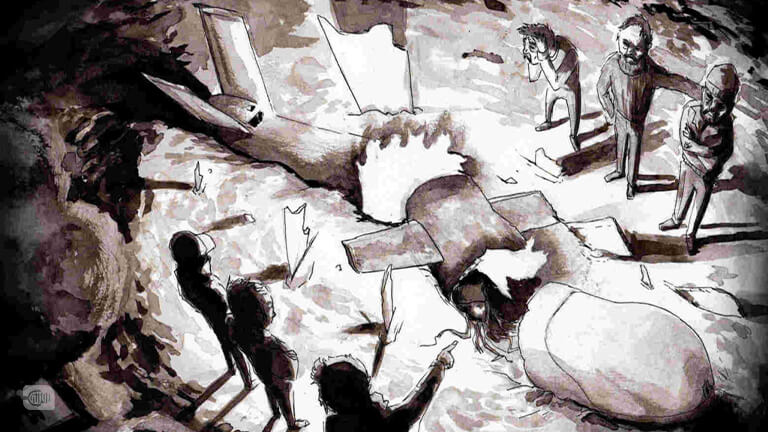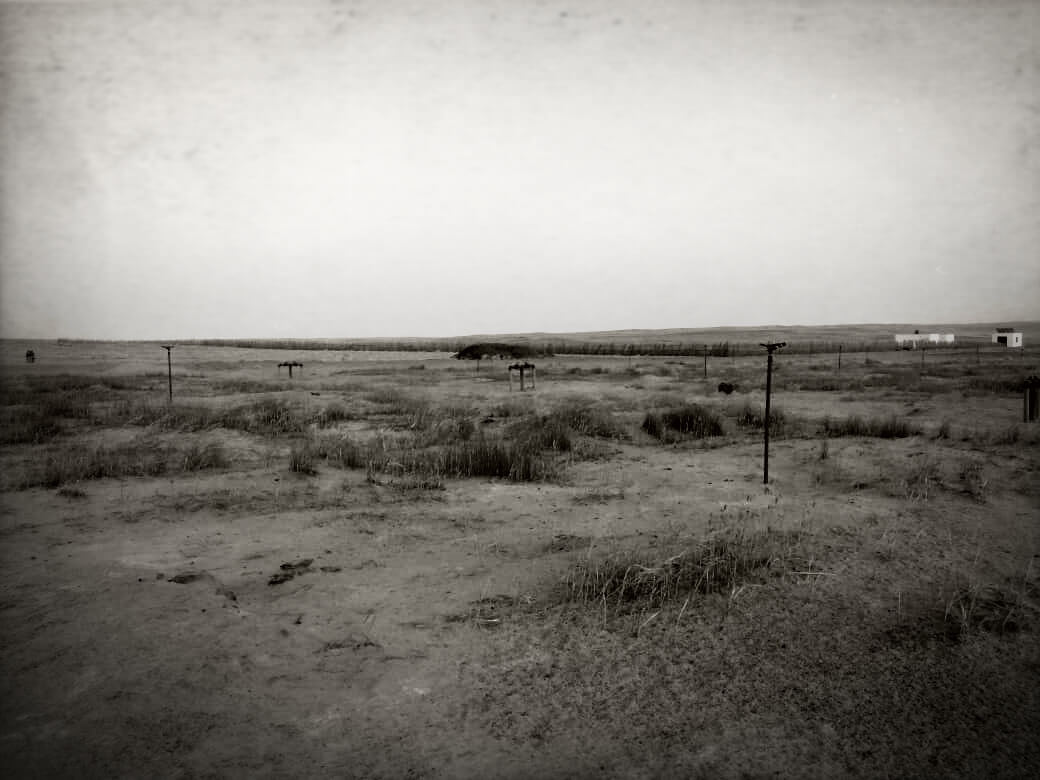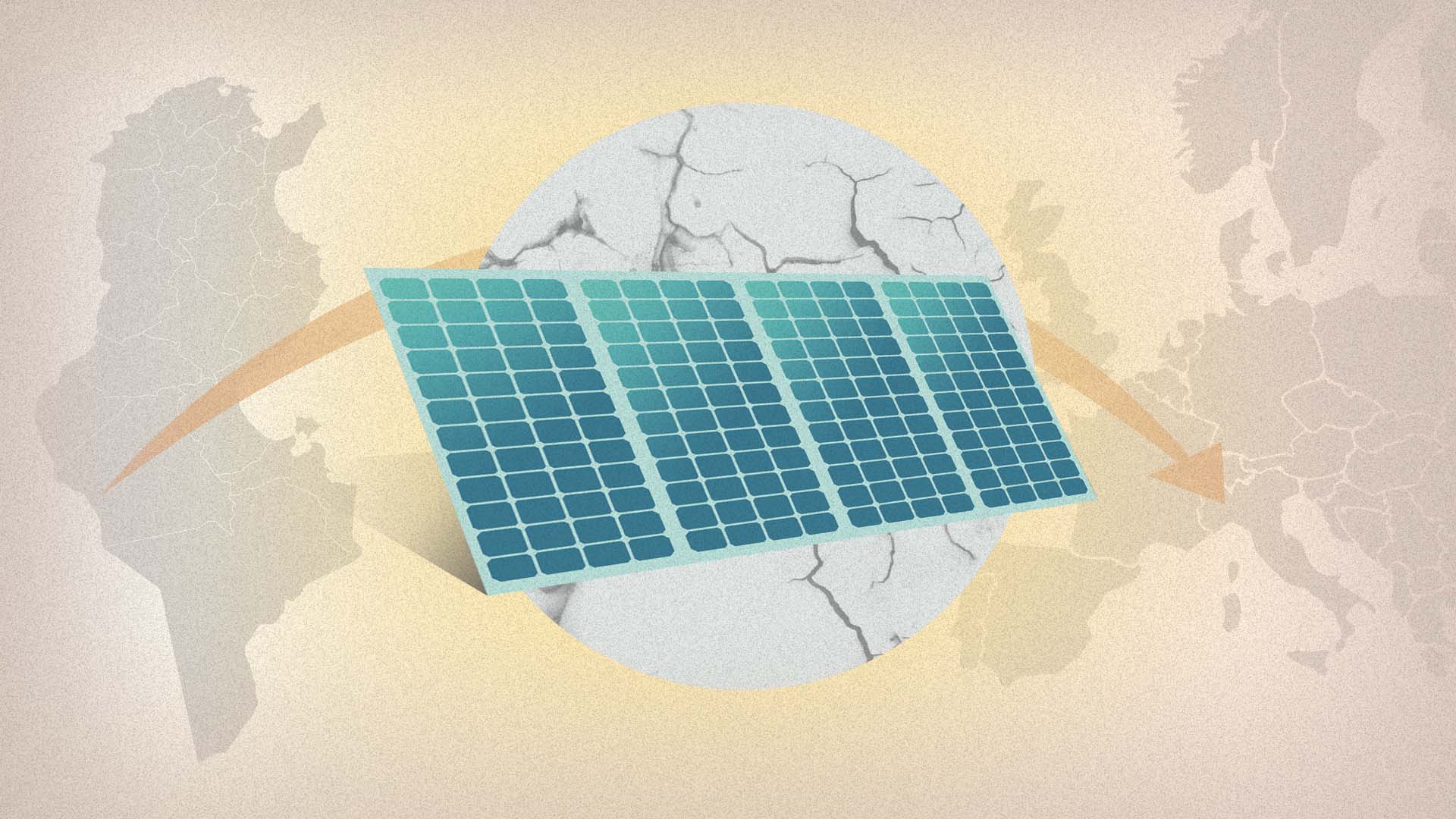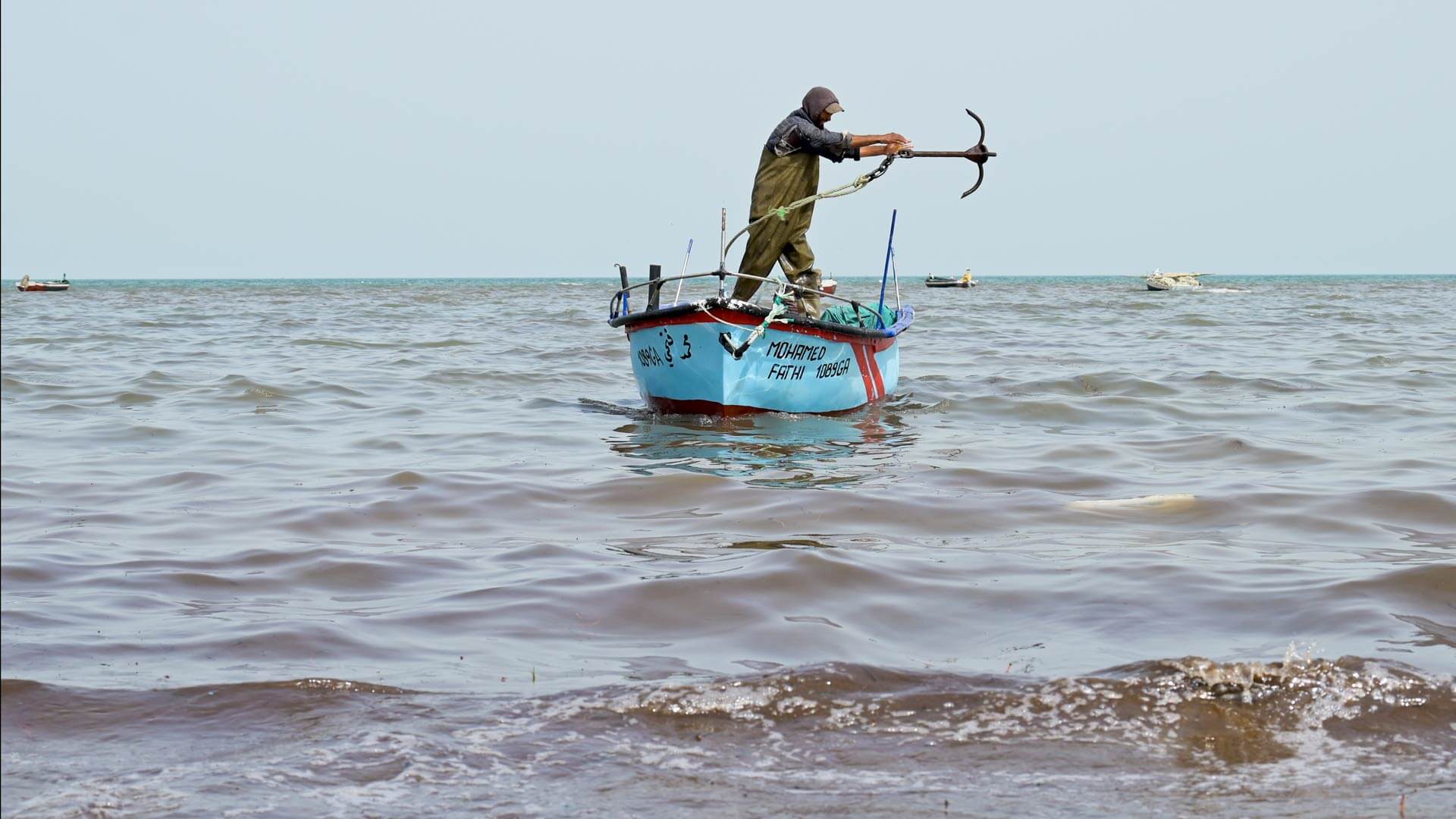This Environmental Reader explores IMS’ partners’ evolving coverage of environmental and climate issues and concerns. It gathers pieces on archeological contemplation, environmental concerns, social and political thoughts as well as investigations into political neglect and environmental destruction by companies and cooperations.
Many of the countries IMS’ partners work in are those that are hardest hit and most vulnerable to climate change, leading to conflicts regarding land rights, emigration and famine. These effects will particularly impact marginalised, poor and indigenous communities.
The media can play a crucial role in shaping public discourse, bearing witness to this defining crisis, driving policy change and inspire action. IMS’ partners are rising to the occasion by providing public interest content for the people and communities most affected by climate change, loss and damage and environmental exploitation.
Their eagerness to cover these issues stems from the fact that their audiences experience climate change’s concrete consequences in their daily lives and they feel an obligation to document the many negative impacts it has on the health, wellbeing and livelihoods of the communities they serve.
Despite the perseverance of the environmental topic, many countries where IMS partners work have very restrictive media laws and limited access to official information, which can make it difficult and risky for journalists to gather data and report on environmental and climate issues. In addition, environmental and climate issues are often viewed as sensitive and can be subject to self-censorship and therefore put journalists’ lives and freedom at risk.
The IMS Environmental Reader will be updated regularly, gathering inspirational and important journalistic products on climate and environment from around the globe, highlighting that this is a cross-continent, cross-regional issue that concerns all of us.
As a start, we have collected the works of our partners in the Middle East and North Africa: A region that suffers greatly from climate change and environmental challenges. The journalism of our MENA partners address the disproportionate impact of environmental hazards and pollution on communities who are already struggling with conflicts, wars, dictatorships extremism, inequality and poverty.
IMS promotes good journalism on environmental issues and climate change through strengthening cross-regional cooperation, providing training and handing out grants to support investigative journalism on political and industrial neglect of climate and environment. We also work to enable free and critical journalism through advocacy and policy work.
Our media partners in the Middle East and North Africa and their work with covering environmental and climate issues are supported by the Danish-Arab Partnership Programme under the Danish MFA



